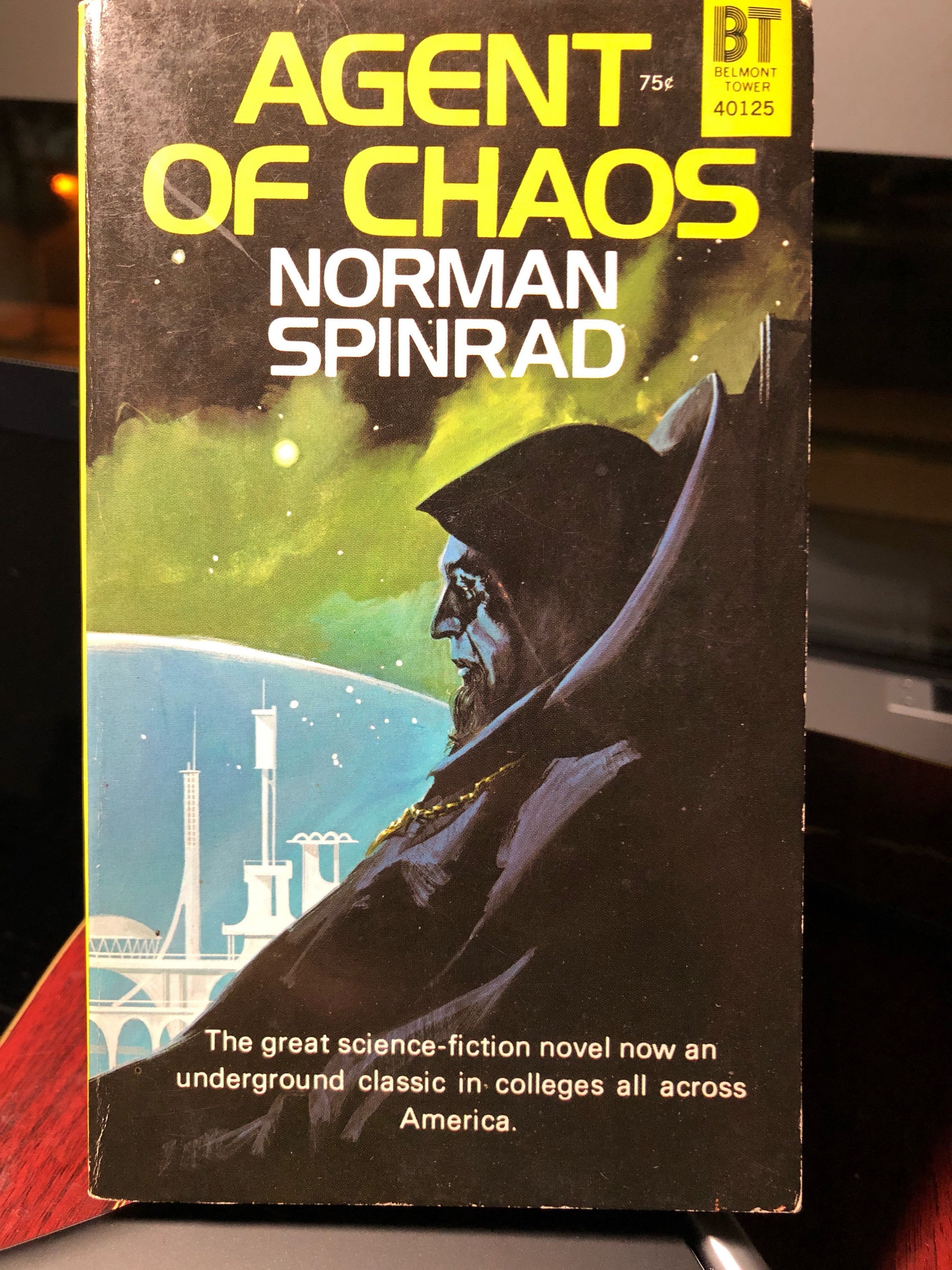


"Almost all Black music is deeply rooted in metaphor," he once said. But from the beginning, his music - with its "astonishing" range" - was also consistently, often clandestinely political, melding the buoyant, intricate rhythms of Calypso with stories of hard times. When he turned to music, he quickly rose to stardom with the 1956 album “Calypso,” featuring enduring hits like "Day-O" and "Jamaica Farewell." It sold over a million copies - which briefly rivaled Elvis Presley on the charts - and became, for those of us growing up then, the soundtrack of our young lives. Navy during World War II only to return to the racist inequities and indignities of both places. called "the musical voice of civil rights." Having come of age splitting his childhood between Jim Crow America and a segregated Jamaica still under British rule, he served in the U.S.

Giving us "a piece of his fire," he kept doggedly at it so he could tell his children, "In my lifetime, I did all that I could."īorn in Harlem in 1927 to West Indian immigrants, with a Dutch Jewish paternal grandfather, Belafonte was a cross-cultural visionary equally beloved by black and white audiences, an "agent of change" who became what scholar Henry Louis Gates Jr. We mourn the loss of legendary musician, dauntless activist and "lionhearted civil rights icon" Harry Belafonte, who for seven decades used his celestial voice and righteous rage to "lift people up," wielding his fame, fortune and connections to fund bedrock civil rights efforts from SNCC and the Freedom Riders to babysitters for MLK's kids.


 0 kommentar(er)
0 kommentar(er)
